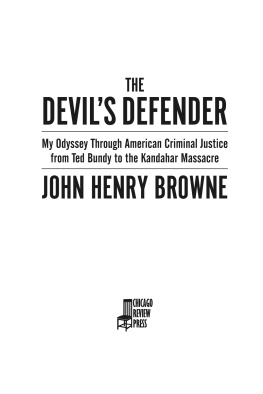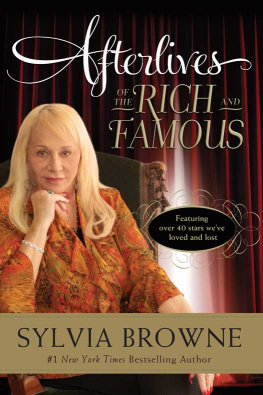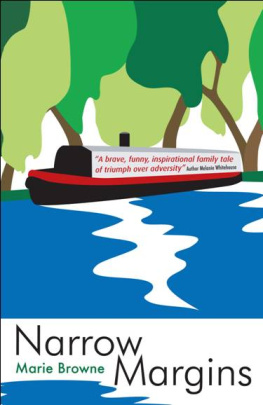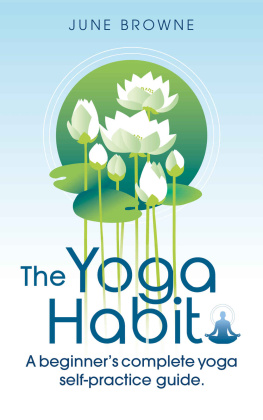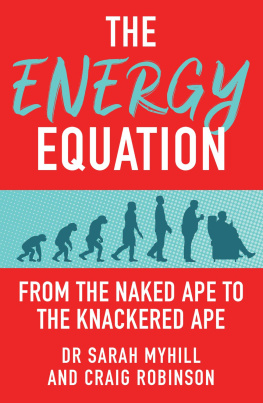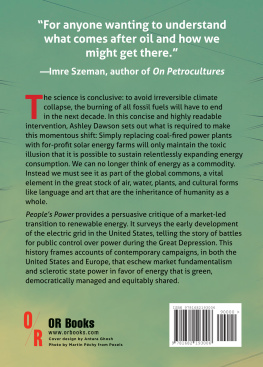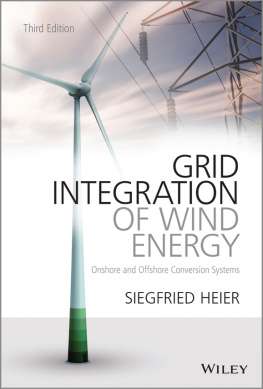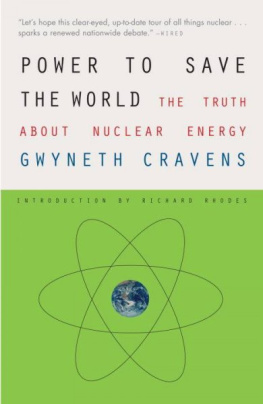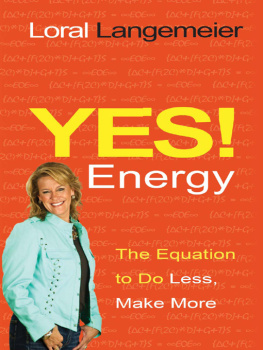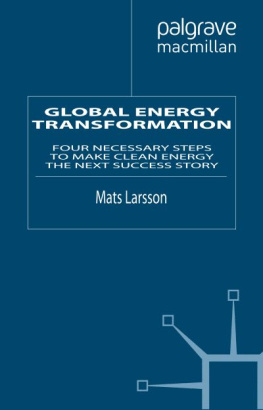Daniel Brownes book is a must-read for anyone who has ever felt tired of being tired. Through compelling examples, and practical exercises, The Energy Equation is the kick-start to living your life with passion! Steven DSouza, author of Brilliant Networking, www.brilliantnetworking.net
A consultant in business strategy and personal productivity, Daniel has worked with both blue chip organisations and entrepreneurial firms.
The idea for this book came from his early career as an investment banker, and later as a strategy consultant. Here he experienced the culture of extremely long hours typical of city workers, working 70100 hours most weeks.
He started trying to find a way to sleep less and work more. This quickly became a quest to see if it was possible to increase productivity, energy and wellbeing while working in a long-hours environment. The lessons he learnt on this quest form the foundations of this book.
Daniels blog can be found at www.danielebrowne.com and twitter is danielebrowne.
Acknowledgements
This book has been helped by the support, contribution and encouragement of others. So first to those who provided valuable input and feedback Id like to thank Michelle Watts, Panita Vig, Anne Lamerton, Pavel Mikolowski, Steven DSouza and Melanie Flory.
To my rocks for all the support and encouragement, a big thanks and lots of love to my mother, father and sister, Riaz Hussein, Sufiya Patel, Nigel Camp, Desmond Moeira, Daniel Priestley, Emma Ponsonby and Jacquie Moses.
Preface
This text is the product of 10 years of research, personal experience and the teachings of various mentors. In that time, I experienced some of the longest working hours, like many people who work in the city (usually investment bankers, management consultants and city lawyers). It started immediately after leaving university. With good grades from a good university, I launched my career straight into the corporate finance department of an investment bank. In my first month I experienced a major shock to the system: my typical hours were from 9am to 9pm daily, which regularly extended past 11pm. Working all night until morning, going home to shower, and returning to work was not an uncommon occurrence.
Fancying something a bit more sedate, with regular hours, my second job was better a nine to five. However, in reality, to do the job well meant working beyond these hours. Soon the late hour creep came in. In busy times the hours would extend past 6pm to 8 or even 9pm. The problem was that the busy times became more frequent until busy was the norm. This is how most management jobs are nowadays.
Thinking job number three would be better, I worked for a consultancy with a boss who would go through creative phases of working from 7am until 11pm. Being the junior, I had to stay up and assist him. I often believed that my life was destined to consist of six-day weeks, long hours and a limited social life. During the worst of times, I wished I could just step into an alternate dimension where time stood still, enjoy a full eight hours of sleep at night, and come back to reality with barely any time passing.
As this was not possible, I began to explore ways to increase my productivity so I could stay effective during those long working hours and get more done so that I could enjoy a social life. I have always believed in having my cake and eating it too, and I could never stand being trapped or limited. I believe it is possible to have a great job and a great life. By learning meditation, breathing exercises and certain energy techniques, I learned how to keep my body operating efficiently and my energy levels high and sustained. I learned from one of the masters of productivity how to be more productive in life and how to maintain my focus and concentration. Out of all of this work, I noticed the similarities between many of the traditions of yoga, tai chi and meditation, and I began to extract the things that worked and resonated with me. Currently, neuroscience experts and consciousness studies are revealing the secrets that many yogi and tai chi masters have known all along: that the brain is a powerful thing and can be trained and harnessed to increase your IQ, your power of focus, and even accelerate recovery and healing of the body. While studying brain science, things really started to open up for me. I began pushing my body through the boundaries of what I knew about wellbeing, energy and performance. I discovered how to sleep better, work more productively, have more energy, and even how to get rid of certain ailments. I learnt how to get into the zone more consistently and how to be more productive and get results.
At first, I didnt see the value in sharing all of this training. It was purely my personal quest to unlock my own potential and to achieve an edge in my work. However, after speaking to many overworked, stressed bankers, lawyers and teachers, I started to see the value in sharing my experiences and research. I began teaching people about peak performance, but soon realised that many people dont have the time to practise yoga and meditation or to attend a seminar. This is why I decided to write this text.
I still work long hours from time to time (although now I work for myself), and it doesnt seem like work at all. However, using what I have learned, I get a lot more done than I used to, and I am filled with the kind of fulfilment and satisfaction one gets from doing ones best.
This text is designed to give you some shortcuts to getting into the zone. If you allow it, it can lead you on your journey to more effectiveness, peace of mind, and freedom. Your progress will be variable, as some things will be easy for you and some will take more time for you to understand. It depends on where you start there are always higher levels to reach.
While the main premise of this text is work productivity, ultimately it is about having a life that works for you. Because we spend most of our time at work, it is the main factor that determines our quality of life. Therefore, becoming more productive at work can have a huge impact on the quality of our lives.
Introduction
Do you feel as if youre heading towards a world of overwhelm: that there is way too much information to absorb; too much to do and not enough time in which to do it?
There are many factors that have contributed, but we have gradually drifted into a culture of immediacy. The recent recession, company efficiency drives and cost savings have increased the workload for everyone, while the time in which to do it has decreased. The speed of work has also increased. Companies have become more competitive. Responsiveness and the ability to prove that you can get back to your client faster than your competitors has added to the workload; add that to the need to deliver excellence and we have a picture of too much work, not enough resources and not enough time to meet the new demands.
In the late 1990s and early 2000s you would make a request of someone by email and expect a response in a few days, but the advent of mobile email, Blackberries and instant messaging means the expectation of a timely response has increased. We are expected to respond sooner and we expect people to get back to us sooner.
How many unread messages are in your inbox? For many, email inboxes have become unmanageable. In addition to our email, we now have a new information source in the form of social media, which make it possible to spend even more time online.
The current working culture presents two main problems:


